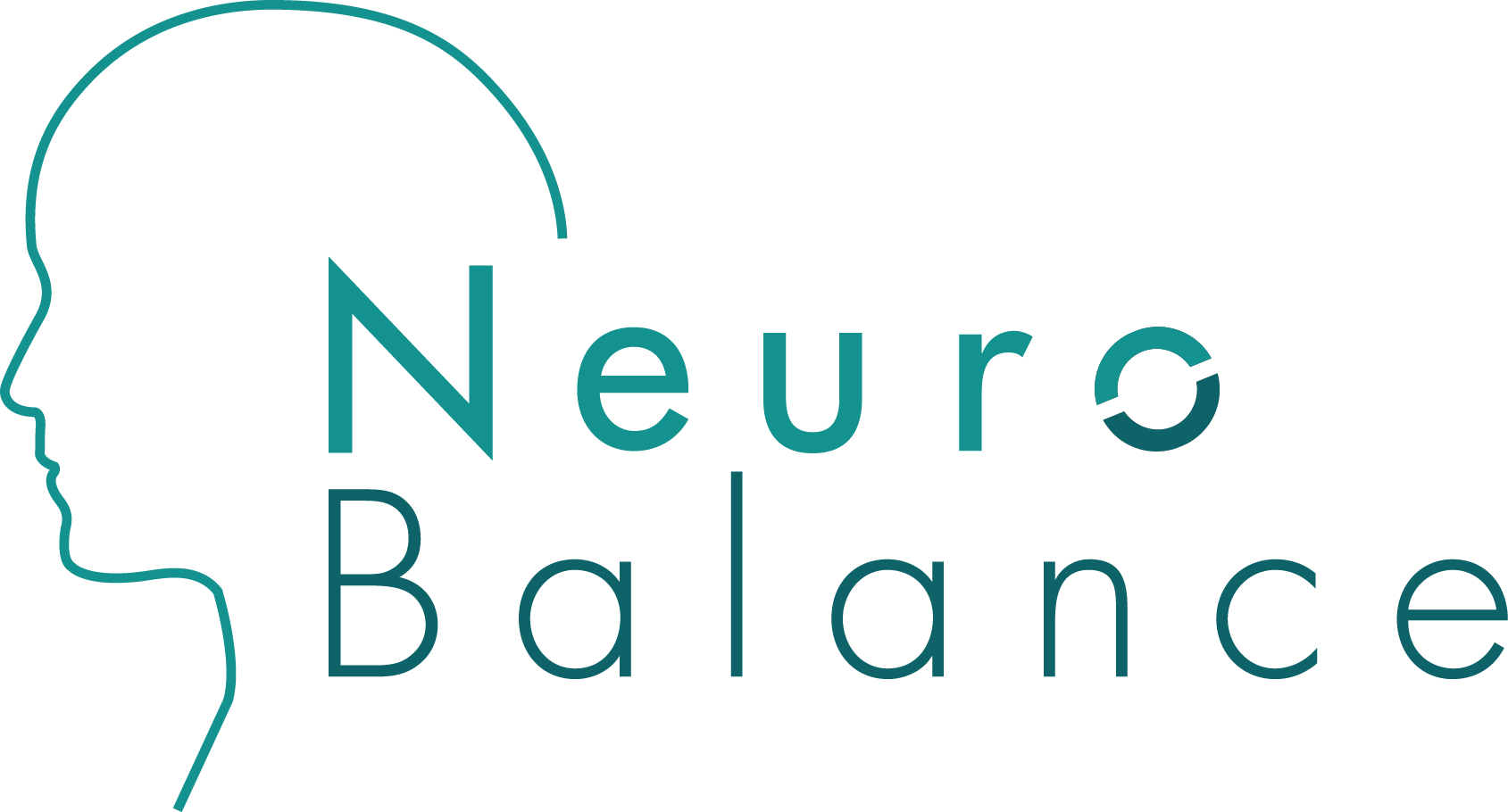Exploring the Ketogenic Diet as Treatment for Bipolar Disorder and Schizophrenia
Introduction
In recent years, the ketogenic (keto) diet has gained widespread popularity for its benefits in weight loss and managing epilepsy. However, emerging research suggests that this high-fat, low-carbohydrate diet may also hold promise for treating severe mental health conditions such as bipolar disorder and schizophrenia. These findings open new avenues for dietary interventions in psychiatric care, potentially transforming how these complex disorders are managed.
The Study Supporting Keto for Mental Health
A study published in Psychiatry Research highlighted the unexpected benefits of the ketogenic diet on patients with schizophrenia and bipolar disorder. Originally aimed at understanding the diet's effects on epilepsy, researchers discovered that patients with these psychiatric conditions exhibited significant improvements when following a keto diet. These benefits included enhanced cognitive function, improved mood stability, and better overall quality of life (LongevityTech) (LongevityTech).
How the Keto Diet Affects Brain Networks
The ketogenic diet induces a metabolic state known as ketosis, where the body relies on ketone bodies for energy instead of glucose. This metabolic shift has profound effects on brain function and structure:
Neurotransmitter Regulation: Ketosis influences the levels of neurotransmitters, such as glutamate and GABA, which play crucial roles in mood regulation and cognitive function. By stabilizing these neurotransmitters, the keto diet can help mitigate symptoms of bipolar disorder and schizophrenia (LongevityTech).
Neuroprotective Effects: The diet's high-fat content provides essential fatty acids that support brain health. These fats are crucial for maintaining cell membrane integrity and promoting the production of neuroprotective compounds, which can protect neurons from damage and improve overall brain function (LongevityTech).
Reduction in Inflammation: Chronic inflammation is linked to many psychiatric conditions. The keto diet reduces inflammation by lowering the intake of inflammatory carbohydrates and sugars, thus potentially alleviating some symptoms associated with mental illnesses (LongevityTech).
Future Directions in Treatment
While the preliminary results are promising, more research is necessary to understand the long-term effects and optimal implementation of the keto diet in treating psychiatric disorders. Future studies may focus on:
Personalized Nutrition Plans: Tailoring the keto diet to individual patients could enhance its effectiveness and adherence, addressing the unique metabolic needs and dietary preferences of each person.
Combination Therapies: Integrating the ketogenic diet with conventional treatments, such as medication and psychotherapy, might offer a more holistic approach to managing bipolar disorder and schizophrenia (LongevityTech).
Long-Term Impact Studies: Investigating the sustained effects of ketosis on mental health over extended periods will provide valuable insights into the viability of the keto diet as a long-term treatment option (LongevityTech).
Conclusion
The ketogenic diet's potential to improve outcomes for individuals with bipolar disorder and schizophrenia is a promising development in psychiatric care. By influencing brain network mechanisms and reducing inflammation, this diet offers a new perspective on managing severe mental health conditions. Continued research and personalized treatment strategies will be crucial in harnessing the full benefits of the keto diet for mental health.
For those considering the ketogenic diet as part of their treatment plan, it is essential to consult with healthcare professionals to ensure safety and appropriateness based on individual health needs and conditions.
-A Balanced Brain is a Better Brain for a Happier Life-
